Jenn Plews recalls being on a farm for a trust away-day when she set upon making climate change a key priority following a discussion with trustees.
“It’s an absolute given that our job is to improve educational outcomes for our children in all its guises,” the Northern Star Academies Trust CEO says.
“But as a corporate entity, a multi-academy trust, we had a lot of discussions that year on what’s the difference that we’re actually making?
“Climate change and environment, it was just so obvious to us. It wasn’t something that we plucked out of thin air, it was just a natural synergy with the work of the headteachers and trust at the time.”
Trust-wide climate strategy
The trust started to develop a climate change strategy in 2018. It has held them in good stead for new government expectations, introduced this month, for all schools to have a climate action plan and nominated sustainability lead.
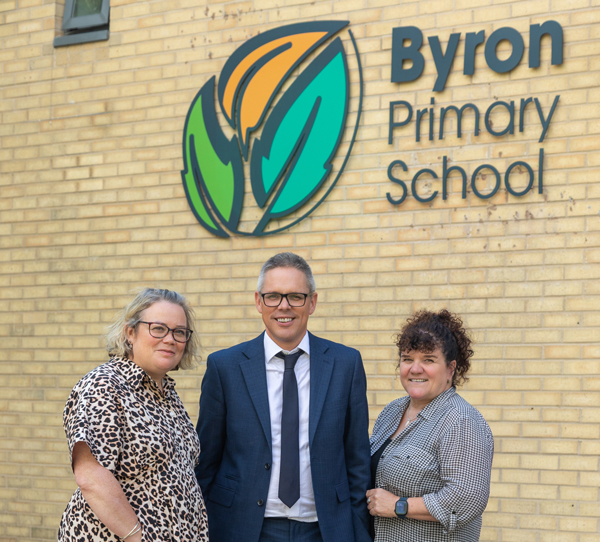
Since 2020, ‘sustain’ has been one of the core tenants of the trust’s wider strategy, along with ‘nurture’, ‘aspire’ and ‘thrive’. Across its 15 schools, this translates into things like focusing on strengthening children’s understanding and appreciation of nature, or drilling into each school’s carbon consumption.
The strategy includes a 2030 climate change strategy which pledges to encourage “new and groundbreaking educational initiatives addressing climate change” and “use our experience, influence and relationships within the education sector as an active force of good”.
An example is children from two of the trust’s schools, Victoria Primary School and Eastwood Community School in Keighley, being surveyed by academics from Bishop’s University, in Canada, and Leeds Trinity University.
The study, published last week, found that art and philosophy-based interventions can help reduce children’s anxieties around climate change.
A climate curriculum
“It was quite an eye-opener, realising that children are quite anxious about climate change, that it is their future it’s going to affect,” executive head of Victoria Primary Jane Dark says.
She noticed children raising concerns about how the climate is impacting on their favourite animals like polar bears and penguins, the rise of extreme weather at home and in hotter climates where relatives live.
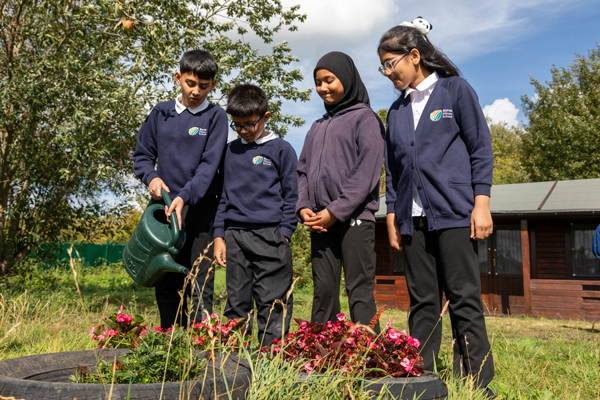
make up Byron Primary Schools eco team
The school has weaved climate change education throughout its curriculum. English lessons involve writing a persuasive letter to the CEO of McDonald’s regarding its deforestation for beef farming. Geography includes children going outdoors to test levels of sewage pollution and its impact on river health. For science, classes take on allotment projects, designing seasonal planting schemes and researching native species.
“It comes into every subject so naturally, you’ve just got to spend a bit of time reflecting on how,” Dark says.
Widen the funding net
While school funding is tight, the trust has secured grants from both within and outside education.
At Byron Primary, £800,000 from the Department for Education’s ‘resilience schools project’ has helped transform the inner-city Bradford school.
Hundreds of trees have been planted, formerly derelict areas cleaned up and allotments and herb gardens created.
“If you walk 100 yards that way, we’re on one of the busiest streets of Bradford,” Paul Booth, the school’s head says, “but here, we could be anywhere.”
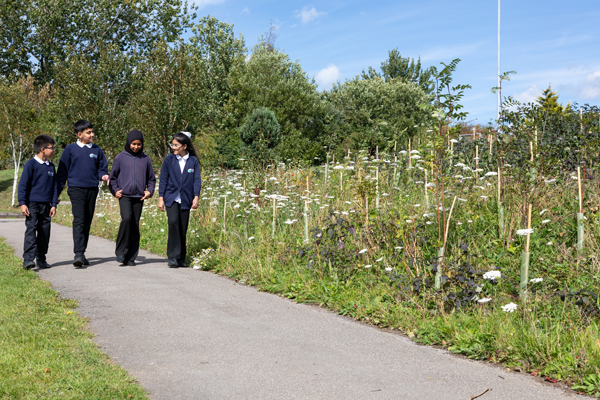
Inside, the whole school has energy-efficient LED lighting and solar panels on the roof. Zarrien, Samad, Ayla and Aahil, members of the school’s eco club, proudly show off the transformation of the school building during my visit.
But Plews also won funding from the Department for Food and Rural Affairs in 2022 after noticing a “chink” of opportunity in the department’s ‘farming and protected landscape funding’.
The cash has funded nearly 5,000 pupils to visit the Nidderdale National Landscape area and elsewhere in the Yorkshire Dales. Booth recalls that his inner-city pupils questioned ‘is this even England?’, despite the trips being “just an hour up the road”.
Climate focus’ ‘harmonious’ side effect
Plews adds: “Children, particularly with autism and ADHD, have found the experience life- changing. Children who would be selective mutes or find it very difficult to communicate have had these experiences and it’s helped them.”
Closer to home, leaders have noticed the new environments of their schools are having a positive impact on kids, who themselves describe the spaces as “serene” and “joyful”.
Bradford is ranked as the fifth most income- deprived and sixth most employment-deprived local authority area in England, with 40 per cent of children living below the poverty line.
According to West Yorkshire Police, the city has a crime rate 175 per cent higher than the UK average.
Showing off the green spaces at Byron Primary, Plews adds: “It’s all about freedom. They can run. You can’t run in any urban Bradford streets, with all those threats and risks.”
Booth agrees. “Some days you walk up there, and it is really silent – all you can hear is the bees or butterflies. It’s just a different environment to what they’re getting at home, which also helps their mental wellbeing. We describe it as being like a harmony.”
Parents are also taking notice. The trust’s schools that grow their own food also now sell it to their communities, either from mini-fridges or fully-fledged grocery shops.
Dark, who has led on the projects, says: “When you really start to think deeply about it [sustainability] as an agenda, it just feeds into all our education, into all our community work, into solving some of the big problems we’ve got in our communities today”.
Plews adds the focus also goes “hand in hand with everything we believe in terms of inclusive mainstream education, what we need to be doing for all our children, specifically the most vulnerable and disadvantaged”.
Leadership ‘at every level’
Given competing pressures on schools, Plews says leadership is key to continue driving the agenda.
Trustees, who Plews is accountable to, have been appointed for their sustainability expertise. That includes Professor Leigh Hoath, who leads science education at Leeds Trinity University and is the co-founder of a curriculum climate change organisation.
Meanwhile, trustees are held to account by the ‘next generation board’, made up of pupils from each school. They speak at the start of every board meeting to keep the “thread of pupil voice in the trustees’ minds”.
“If you’re going to enact long-lasting change, there has to be strong leadership behind it. That’s something that for us, I’d like to think we’ve got right,” Plews adds.
“I’m held to account on this by the board of trustees. The government are not telling our board to do that. It’s not in the academy handbook.”
And the future?
Plews speaks with excitement about her idea of creating an alternative provision for children with social, mental and emotional health needs, inspired by the impact climate-focused education has had on such pupils.
She also wants to pair each school in the trust with a local river or canal, to continue the trust’s work connecting climate change to the local environment.


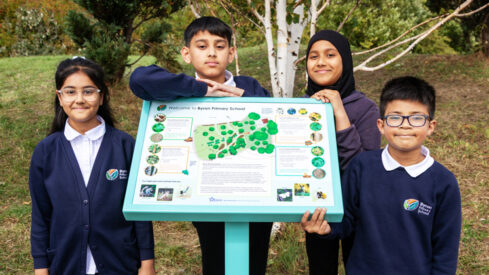



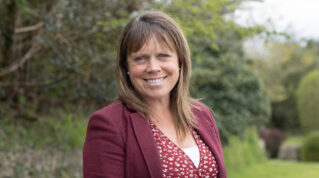
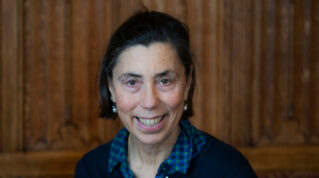
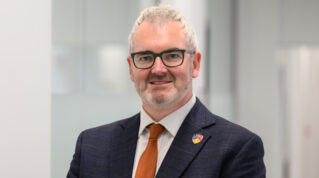
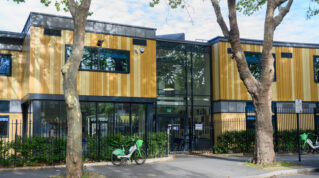

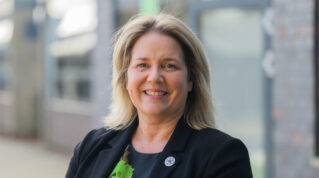

Your thoughts